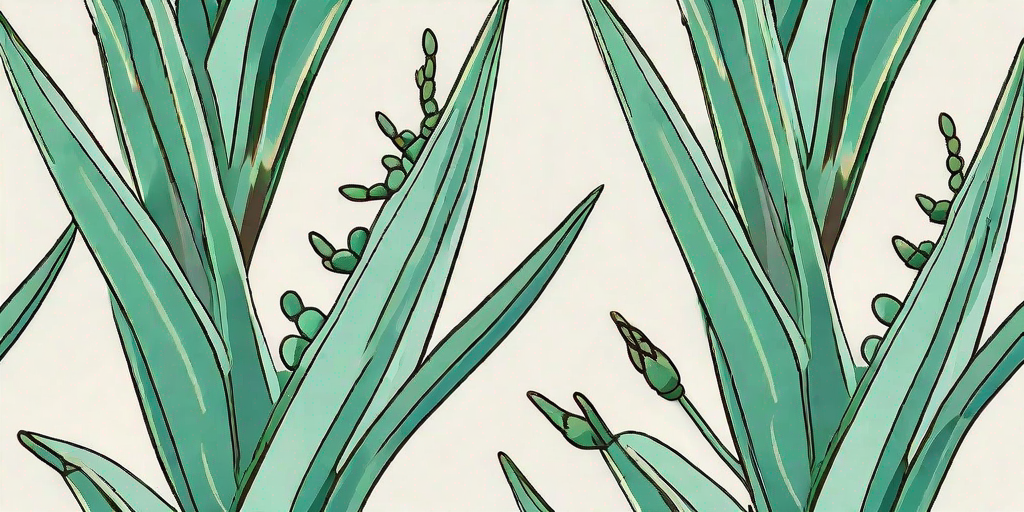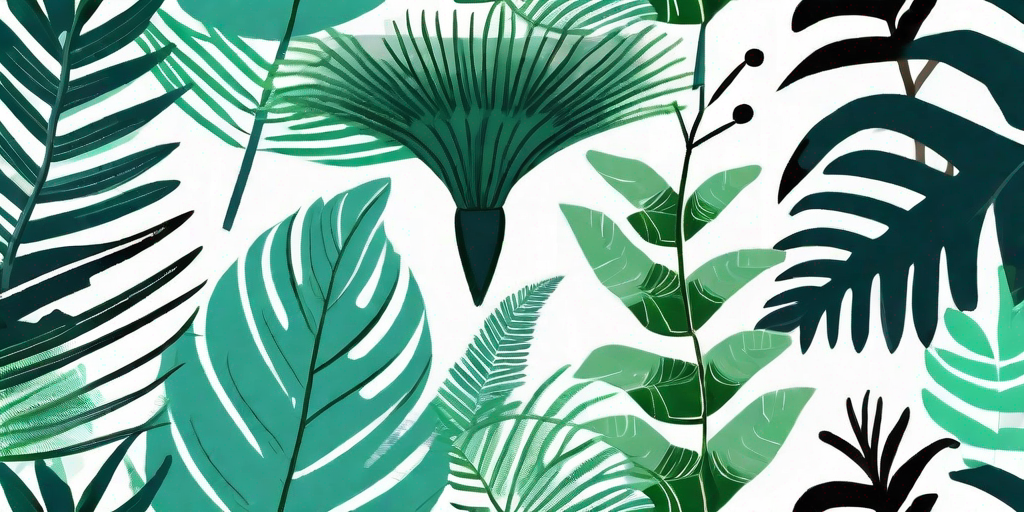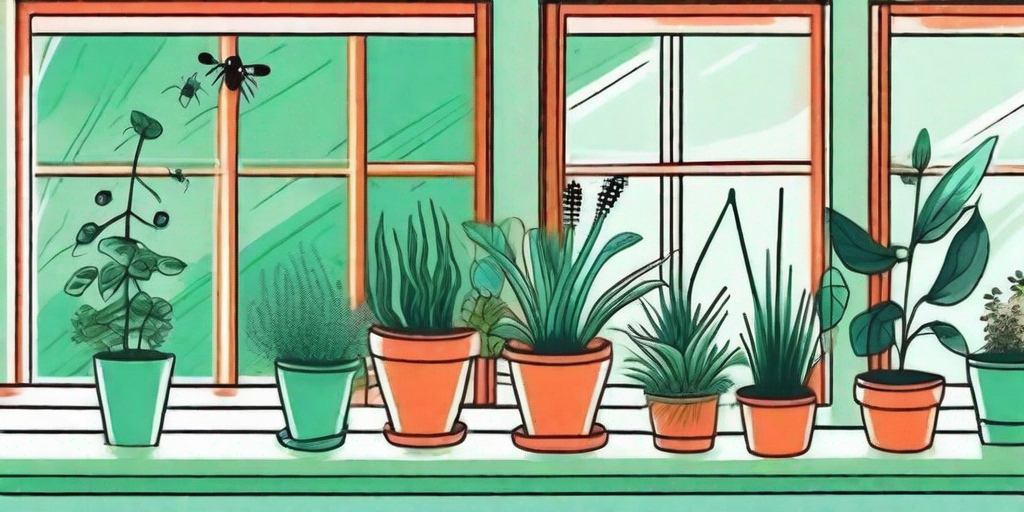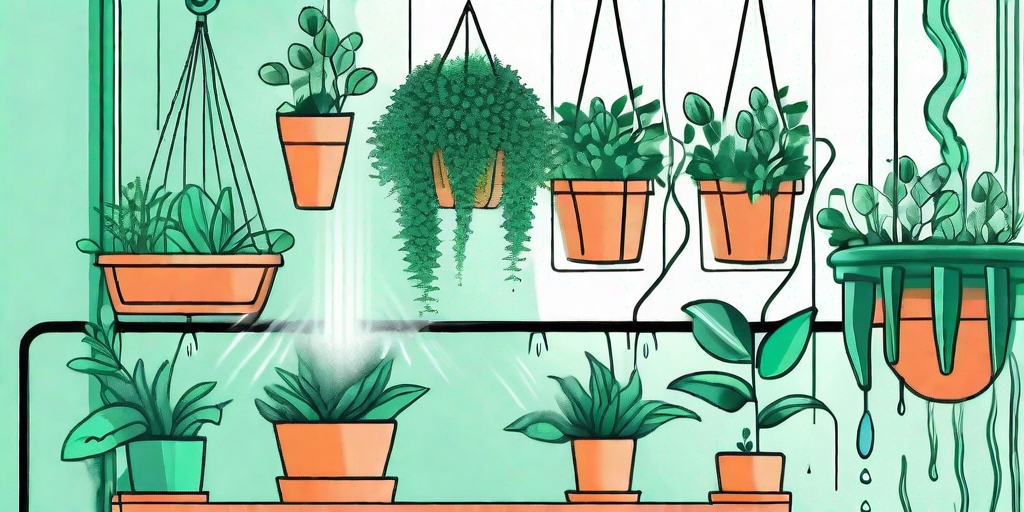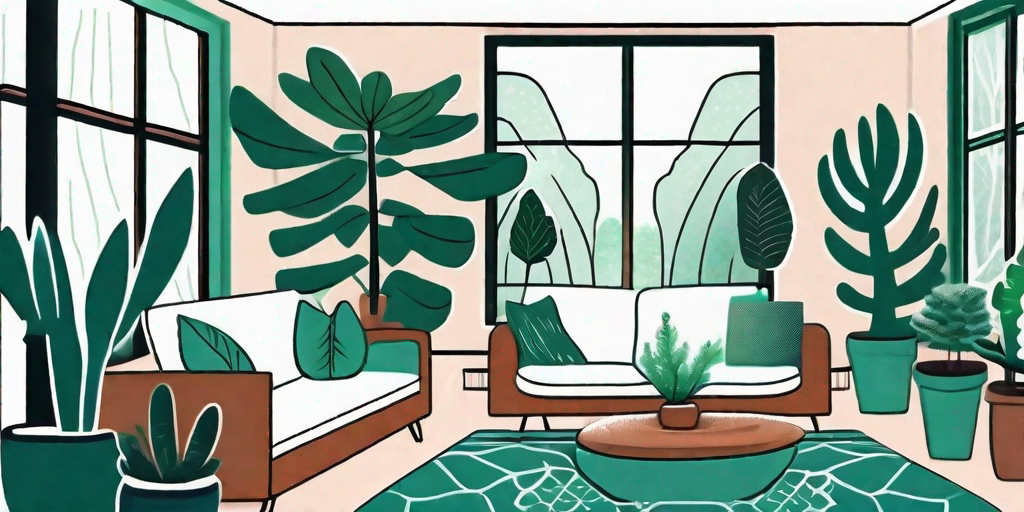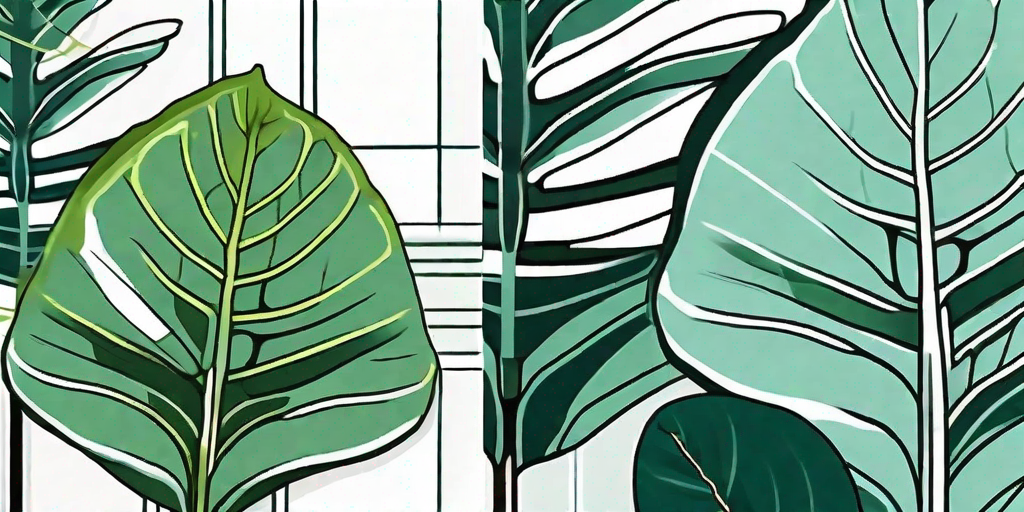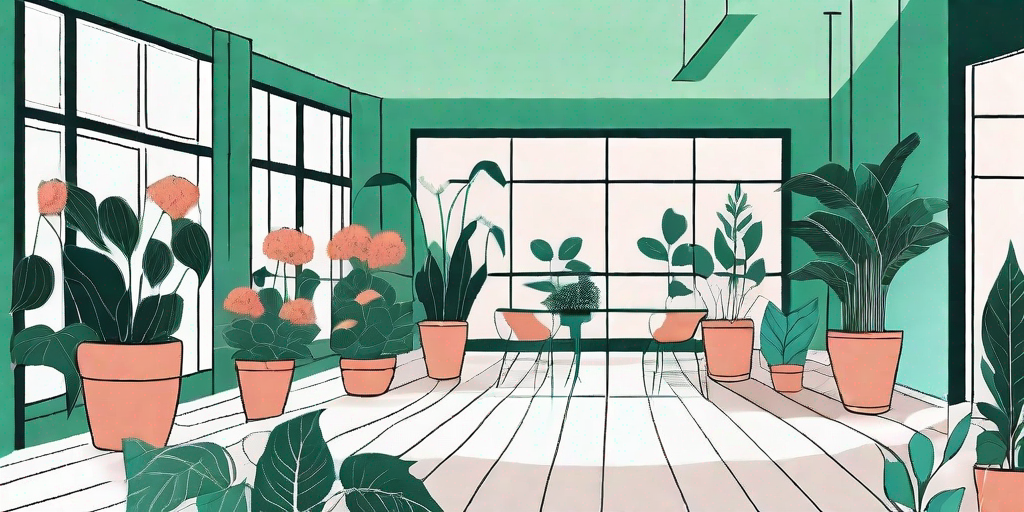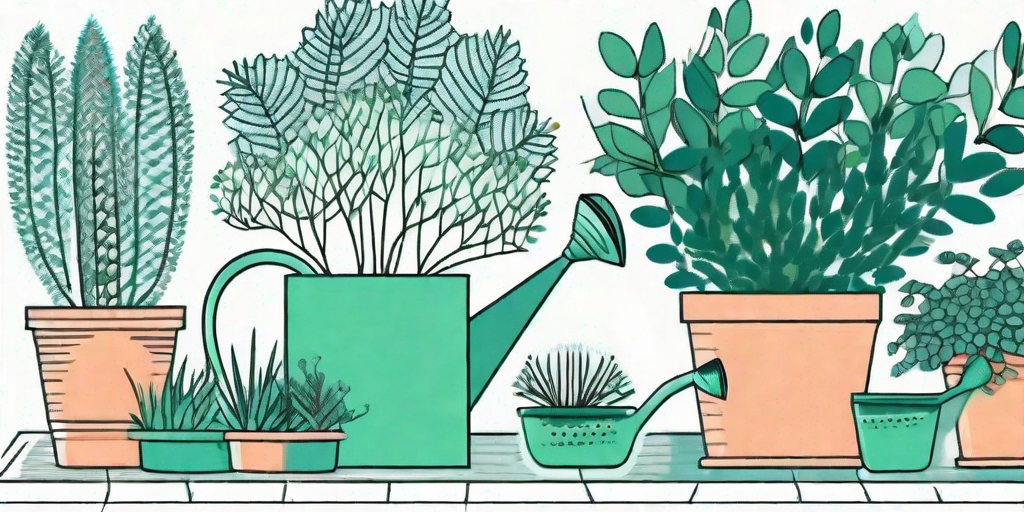
The Aloe Vera plant, a succulent species known for its healing properties, is a popular choice for indoor and outdoor gardening. But the real excitement begins when your Aloe Vera starts producing pups, or baby plants. It's like your plant is throwing a party, and everyone's invited! But when should you expect these little bundles of joy? Let's unlock this mystery together.
Understanding Aloe Vera Pups
First things first, let's get to know these pups a bit better. Aloe Vera pups, also known as offsets, are essentially baby plants that grow from the base of the parent plant. They're like the plant version of a clone army, ready to take over your garden (or windowsill) with their spiky charm.
These pups are a sign of a healthy and happy Aloe Vera plant. They're also a great way to propagate more Aloe Vera plants, because who doesn't want more of these green beauties around? Now, let's dive into the details of when and how these pups make their grand entrance.
When to Expect Aloe Vera Pups
Aloe Vera plants are like the cool, unpredictable aunt in the plant family. They don't follow a strict schedule when it comes to producing pups. However, most Aloe Vera plants will start producing pups when they're around 2 to 3 years old. But remember, some plants like to take their sweet time, so don't rush them.
Generally, Aloe Vera plants will produce pups in the warmer months, typically between spring and fall. But indoor plants can produce pups at any time of the year, because they're not affected by the changing seasons. So, keep an eye on your plant, because you never know when a pup might pop up!
How to Identify Aloe Vera Pups
Identifying Aloe Vera pups is like playing a game of 'I Spy'. These pups will start as small bumps at the base of the parent plant, and will gradually grow into mini Aloe Vera plants. They'll have their own roots, and will look like a smaller version of the parent plant.
But be careful not to confuse pups with new leaves. Remember, pups will grow from the base of the plant, while new leaves will grow from the center of the plant. So, keep your detective hat on and start looking for those pups!
How to Care for Aloe Vera Pups
Once your Aloe Vera plant starts producing pups, it's time to roll up your sleeves and get to work. These pups need a bit of extra care to grow into healthy, mature plants.
First, you'll need to separate the pups from the parent plant. This might sound like a daunting task, but don't worry, we've got you covered. Here's a step-by-step guide on how to do it:
- Wait until the pup is a good size, usually around 2 to 3 inches tall.
- Remove the parent plant from its pot to expose the roots.
- Locate the pup and gently separate it from the parent plant. Be careful not to damage the roots.
- Plant the pup in a new pot with well-draining soil.
- Water the pup and place it in a bright, indirect light.
Remember, patience is key when it comes to caring for Aloe Vera pups. They might take a while to establish themselves, but once they do, they'll grow into beautiful, healthy plants.
FAQs
Why isn't my Aloe Vera plant producing pups?
There could be several reasons why your Aloe Vera plant isn't producing pups. It might be too young, or it might not be getting the right care. Make sure your plant is getting enough light, and that you're not overwatering it. Remember, Aloe Vera plants prefer to be on the dry side.
Can I propagate an Aloe Vera plant without pups?
Yes, you can propagate an Aloe Vera plant from a leaf cutting. However, this method is not as reliable as propagating from pups. So, if you want to increase your chances of success, stick with the pups.
How long does it take for an Aloe Vera pup to grow into a mature plant?
It can take anywhere from a few months to a year for an Aloe Vera pup to grow into a mature plant. But remember, every plant grows at its own pace, so be patient and enjoy the journey.
Final Thoughts
There you have it, the mystery of Aloe Vera pups unlocked! Now you know when to expect them, how to identify them, and how to care for them. So, get ready to welcome these little bundles of joy into your plant family. Happy gardening!
And remember, if your Aloe Vera plant isn't producing pups, don't despair. It might just be taking its sweet time. After all, good things come to those who wait!



